Unveiling The Connection Between Childhood Trauma & Paranormal Beliefs
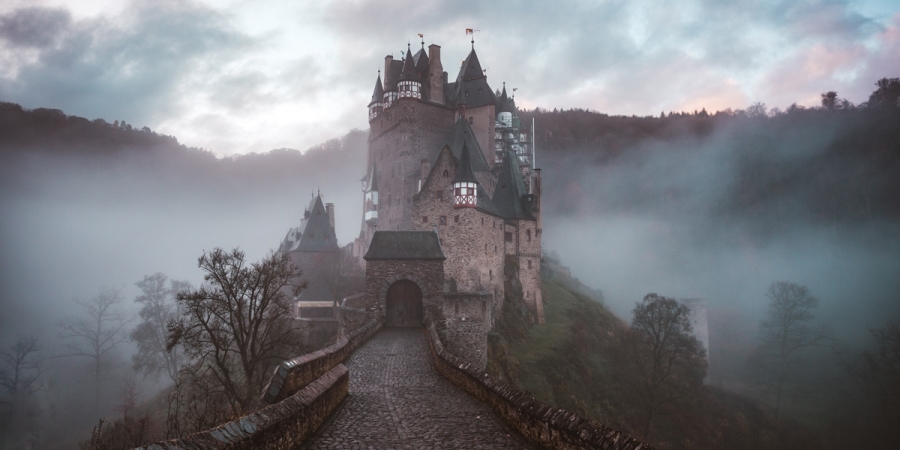
Photo: Cederic Vandenberghe

Photo: Cederic Vandenberghe
This page is more than one year old.
Childhood trauma may have lasting effects on an individual's health and personality, often resulting in depression, anxiety, and anger later in life. For some, it may even change how they perceive the world around them by giving rise to an interest in paranormal and supernatural phenomena.
While belief in the paranormal is quite common within the general population, various research studies have shown that it might be more deeply linked to childhood trauma than previously known. In this article, we will explore the intricate connection between early traumatic experiences and how they may lead to supernatural beliefs.
The Psychological Impact Of Childhood Trauma
First, we’ll look at the general effect of trauma on children. Childhood trauma can manifest in many ways. It can be physical or sexual harm, witnessing a traumatic incident or domestic violence, or enduring bullying for a long time.
Since children's brains are still developing, they cannot understand such incidents, which may later take the shape of behavioural or psychological issues. They may have a more challenging time socialising and controlling their emotions and may have feelings of guilt, anxiety, depression, and bouts of anger. Additionally, some children may dissociate or mentally separate themselves from the experience.
There are various methods to treat psychological trauma in a child. Generally, trauma-focused cognitive behavioural therapy (TF-CBT) is used. Other methods, such as EMDR therapy or intensive trauma therapy, may also be a treatment option.
How Childhood Trauma May Give Rise To Paranormal Beliefs
Paranormal beliefs fall outside the norm and cannot be explained by scientific facts. This commonly includes belief in psi, such as extra-sensory perception such as telepathy, precognition, superstition, and witchcraft.
Several research areas have aimed to explain the development of paranormal belief systems. Studies have shown a positive correlation between paranormal belief and the incidence of traumatic events in childhood. One theory for this is that childhood trauma creates a need for control over life events in a person. Belief in the paranormal fulfils this by giving the person the impression of having intellectual mastery over threatening situations.
Children who experience trauma sometimes develop coping strategies, including emotional disengagement and retreating into a fantasy world. Adopting paranormal beliefs can allow children to seek solace in their imaginative realms.
Childhood physical abuse, on the other hand, has been found to lead to paranormal beliefs related to control, including psi, precognition, and witchcraft. This could develop as a result of these individuals wanting control over something that is beyond their control.
Other theories suggest that the development of paranormal beliefs results from faulty reasoning, where people with such beliefs are thought to lack cognitive ability compared to those who don’t believe. It has also been linked to psychopathology, which hypothesises that this belief is due to magical thinking and paranoia, but these theories aren’t specific to childhood trauma.
Several research areas have aimed to explain the development of paranormal belief systems. Studies have shown a positive correlation between paranormal belief and the incidence of traumatic events in childhood. One theory for this is that childhood trauma creates a need for control over life events in a person. Belief in the paranormal fulfils this by giving the person the impression of having intellectual mastery over threatening situations.
Children who experience trauma sometimes develop coping strategies, including emotional disengagement and retreating into a fantasy world. Adopting paranormal beliefs can allow children to seek solace in their imaginative realms.
Childhood physical abuse, on the other hand, has been found to lead to paranormal beliefs related to control, including psi, precognition, and witchcraft. This could develop as a result of these individuals wanting control over something that is beyond their control.
Other theories suggest that the development of paranormal beliefs results from faulty reasoning, where people with such beliefs are thought to lack cognitive ability compared to those who don’t believe. It has also been linked to psychopathology, which hypothesises that this belief is due to magical thinking and paranoia, but these theories aren’t specific to childhood trauma.
Trauma-Related Dissociation & Altered States Of Consciousness
Childhood trauma, as mentioned before, can lead to dissociation as a coping mechanism. This involves detachment from your surroundings, thoughts, and identity. People who have experienced trauma may experience dissociative episodes as a way to escape the overwhelming emotions they experience due to trauma.
Altered states of consciousness, such as trance-like states or lucid dreaming, may occur due to dissociation. This creates an alternate reality for the person who may interpret this experience as a paranormal phenomenon. Additionally, dissociation blurs the boundary between reality and imagination, contributing to the development of paranormal beliefs as individuals find a way to explain their dissociation episodes.
Altered states of consciousness, such as trance-like states or lucid dreaming, may occur due to dissociation. This creates an alternate reality for the person who may interpret this experience as a paranormal phenomenon. Additionally, dissociation blurs the boundary between reality and imagination, contributing to the development of paranormal beliefs as individuals find a way to explain their dissociation episodes.
The link between childhood trauma and supernatural beliefs shows the profound effect of early experiences on the way we perceive the world around us. For childhood trauma victims, belief in the paranormal provides a way for them to understand and find meaning in their trauma-related experiences. Exploring this connection allows us to gain insight into the complex ways human psychology works to make sense of a traumatic past.
Learn With Higgypop
Hosted by Paralearning in association with Higgypop, these courses on ghost hunting, paranormal investigations, and occult practices draw on the experience of our team of paranormal writers.
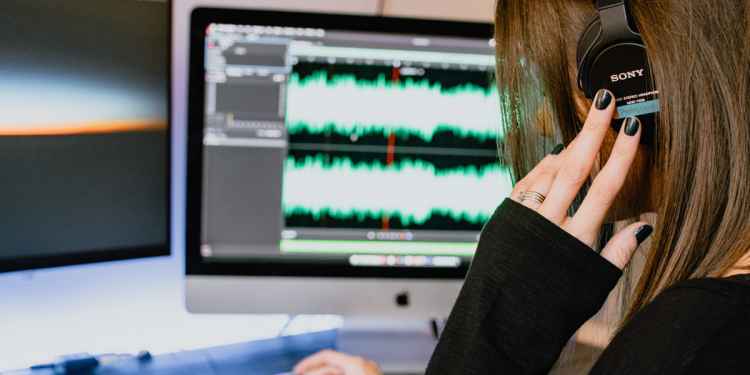
Diploma In Capturing & Analyzing Electronic Voice Phenomenon
This course gives you practical and useful knowledge of ghost hunting and paranormal research, which is invaluable when conducting your own paranormal investigations or as part of a group event.
View Course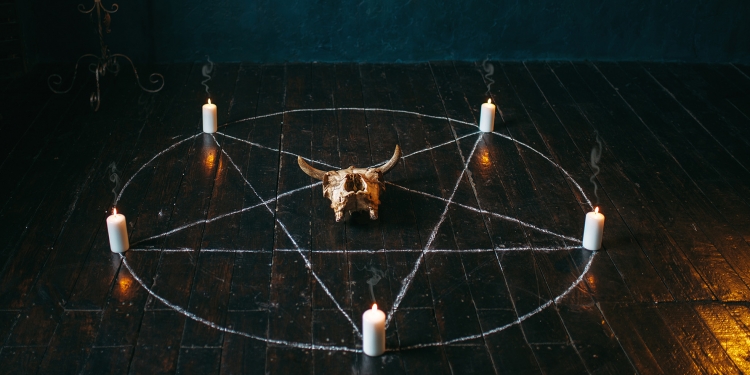
Diploma In Modern Demonology For Paranormal Investigators
This course gives you practical and useful knowledge of ghost hunting and paranormal research, which is invaluable when conducting your own paranormal investigations or as part of a group event.
View CourseMore Like This
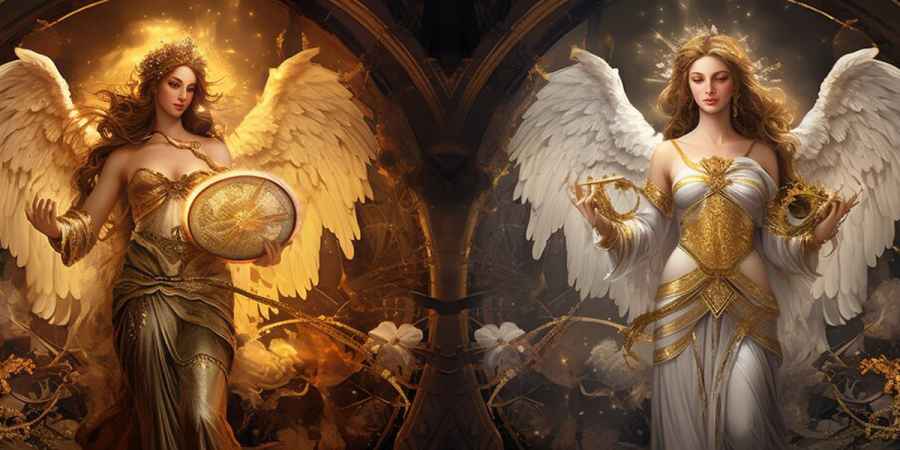
NumerologyDecember 01, 2023
Zodiac Signs & Angel Numbers: Exploring The Connection
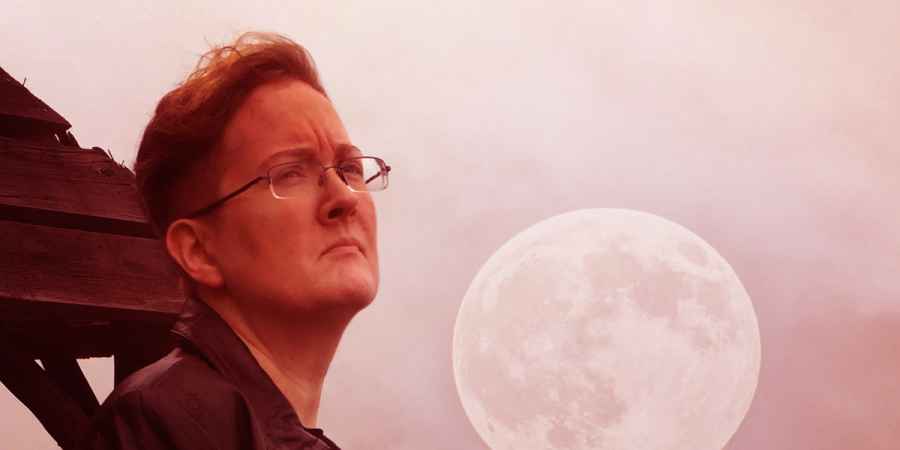
TelevisionJuly 04, 2023
Michelle Belanger Set To Bring New Blood To Paranormal TV With Two Brand-New Shows
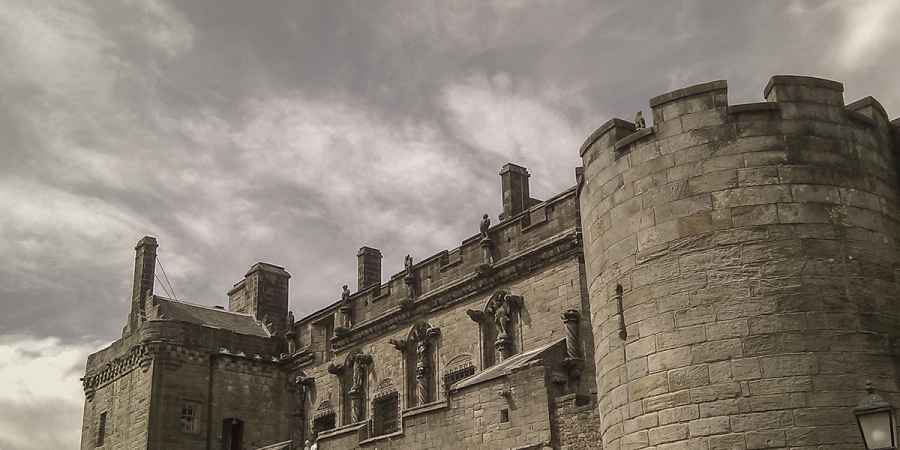
ParanormalJune 24, 2023
10 Fascinating Facts About Haunted Castles
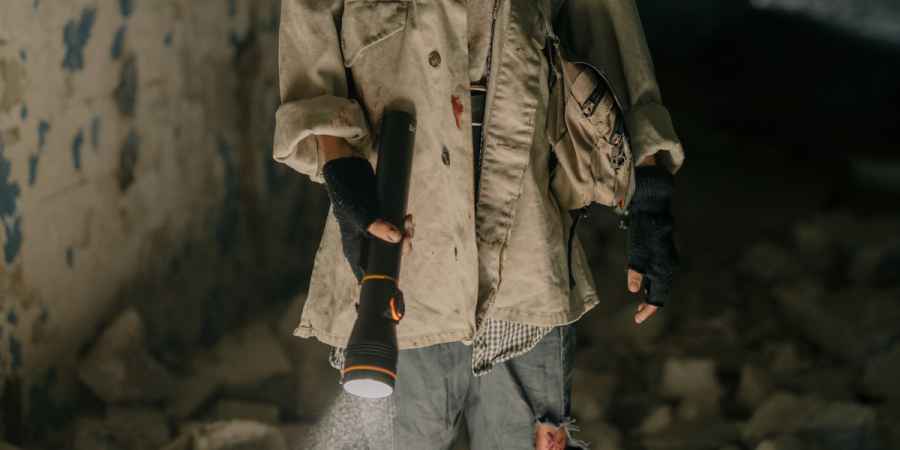
Ghost HuntingMay 12, 2023
Tips For Dressing For Ghost Hunting
 See More on Audible
See More on Audible
Comments
Want To Join The Conversation?
Sign in or create an account to leave a comment.
Sign In
Create Account
Account Settings
Be the first to comment.